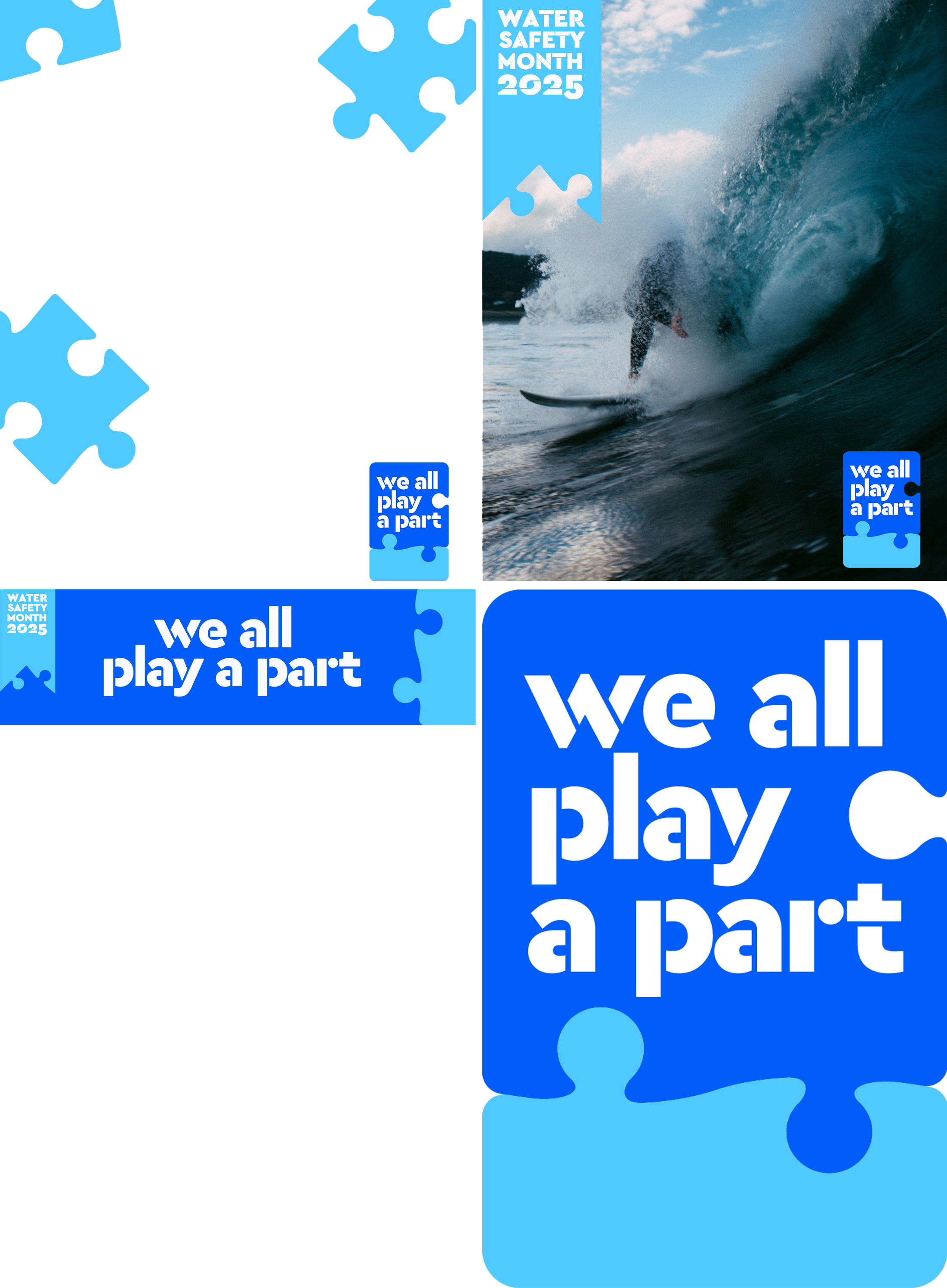In 2023, the Auckland Anniversary Weekend Floods and Cyclone Gabrielle, resulted in the tragic loss of nine lives. All of these occurred in rivers and streams.
Flooding can happen quickly. Even well-prepared areas can be overwhelmed by the sheer force of nature.
Floodwaters can be dangerous. During a flood, the most important thing to do is stay out of the water. If you get into trouble, know how to float on your back with your ears in the water.
Avoid floodwaters if you can. Never walk, swim, drive or ride on makeshift boats through floodwater. Many flood fatalities are caused by people attempting to drive a vehicle through water.
Risks
- Moving water is dangerous, even shallow water (150mm) can sweep you away if it’s moving fast.
- Flood waters can rise quickly.
- Deep waters can hinder movement and pose additional risks, especially at night.
- Floodwaters can hide submerged objects, debris, potholes and washed-out roads, increasing the risk of falls, injuries or being swept away.
- Flood waters can destabilise ground and wash out roads.
- After a flood, a natural waterway can change direction and intensity.
- Children are at high risk near floodwaters.
How to stay safe
- Consider the water's depth, speed, and surroundings, and take care.
- Wear a lifejacket: If anywhere near floodwaters, any form of personal floatation device may help you survive if you are swept away.
- If trapped, move to the highest possible ground to stay safe from rising floodwater.
- Be aware of hidden hazards and submerged objects.
- Be Prepared to Evacuate: Follow evacuation orders and heed warning signs.
- After a flood, be aware that conditions in natural waterways may have changed, so check the water before entering and enter slowly, feet first.
- Always supervise children closely around flood waters.
If you or someone near you needs to be rescued in a flood
- Raise your arm and call out for help if you need it. If you see someone in trouble, call 111 and ask for police.
- Wait for rescue services to arrive
- Comply with the instructions given by rescue services and officials.
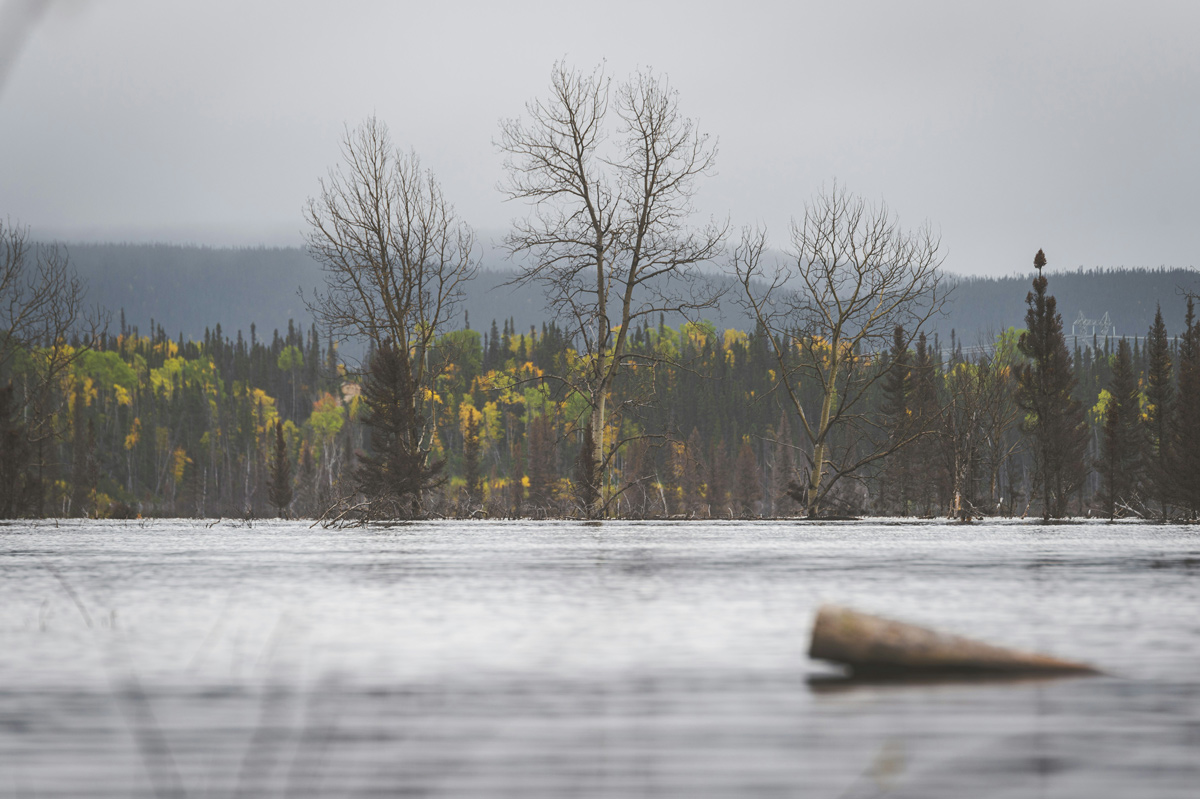
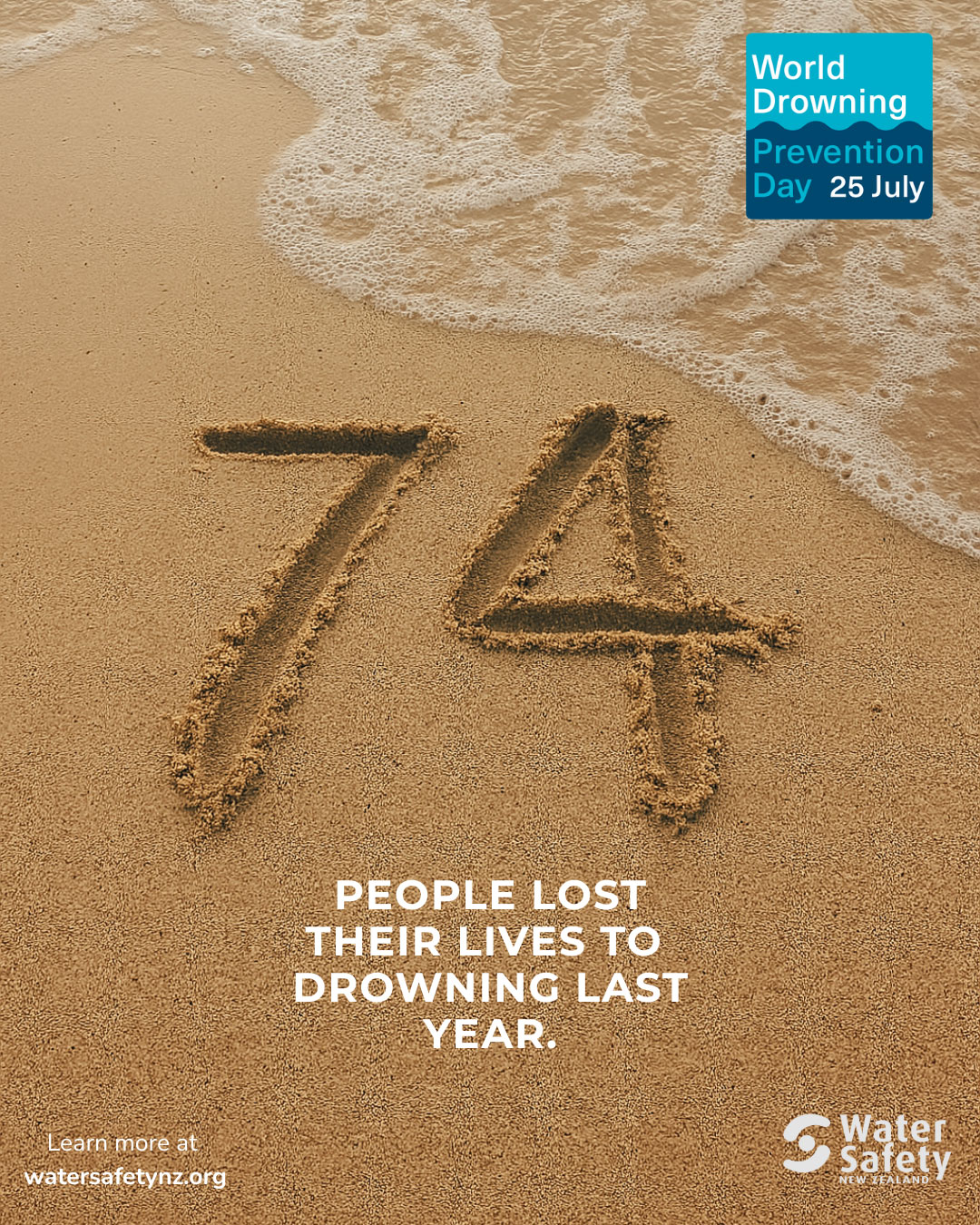
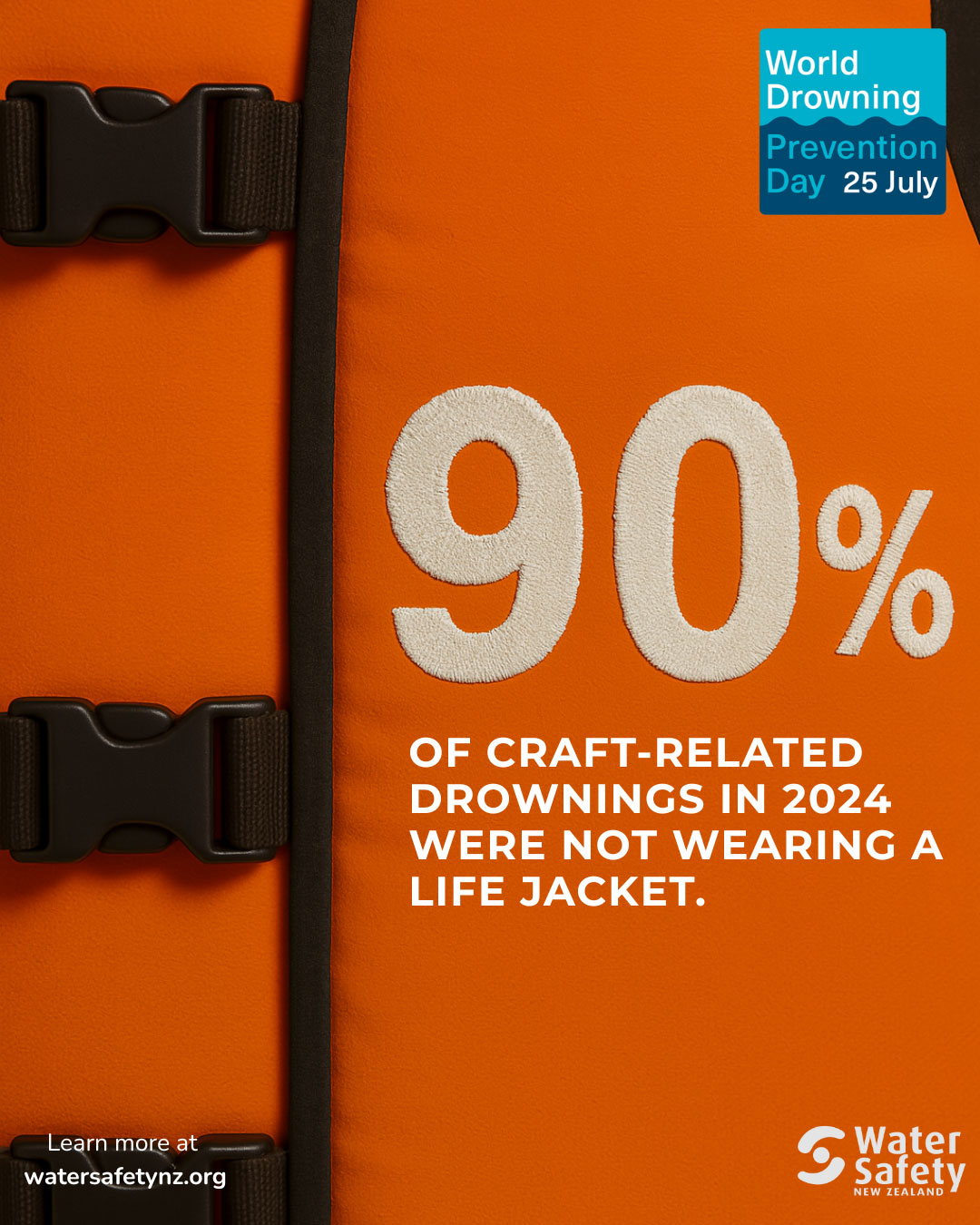
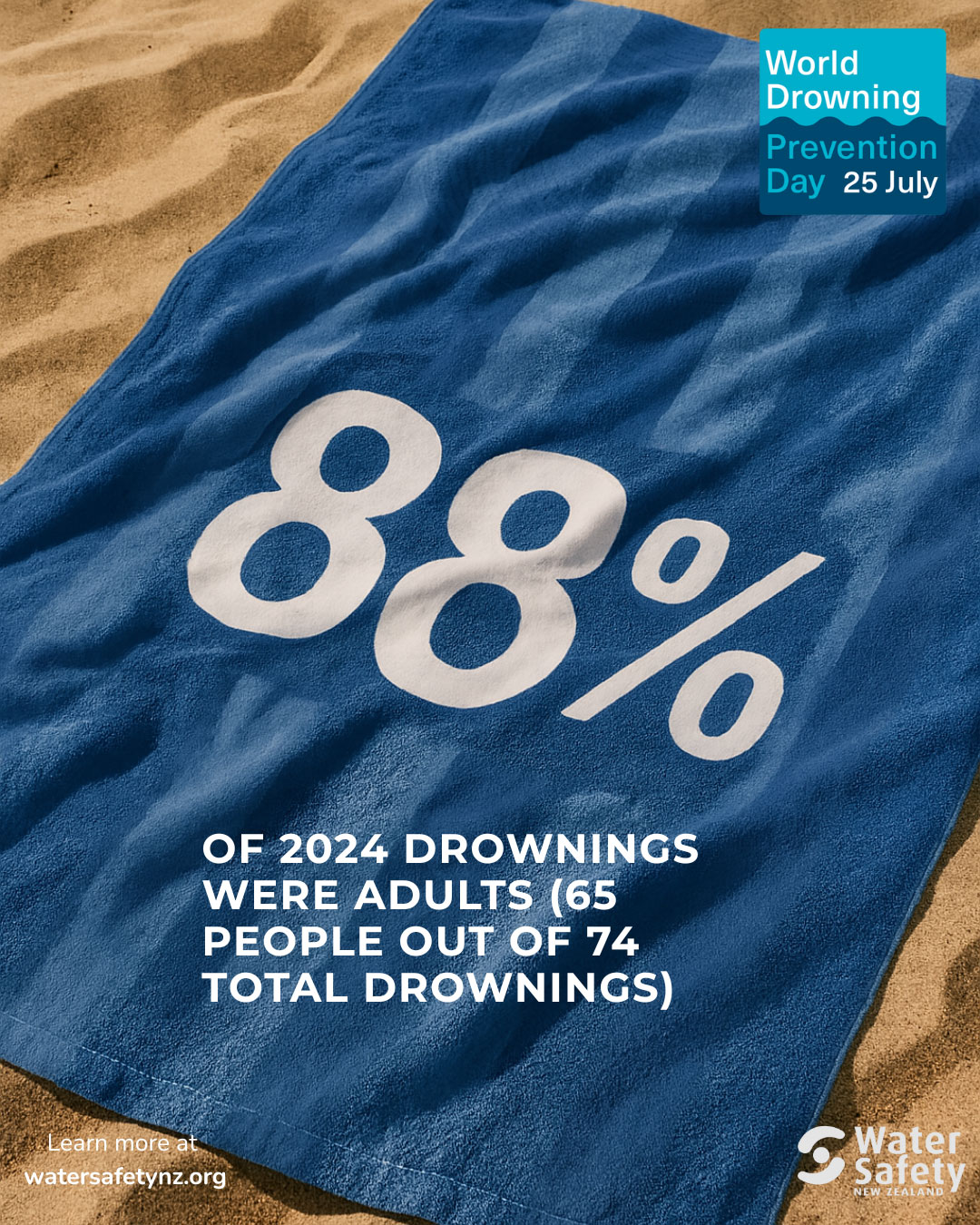
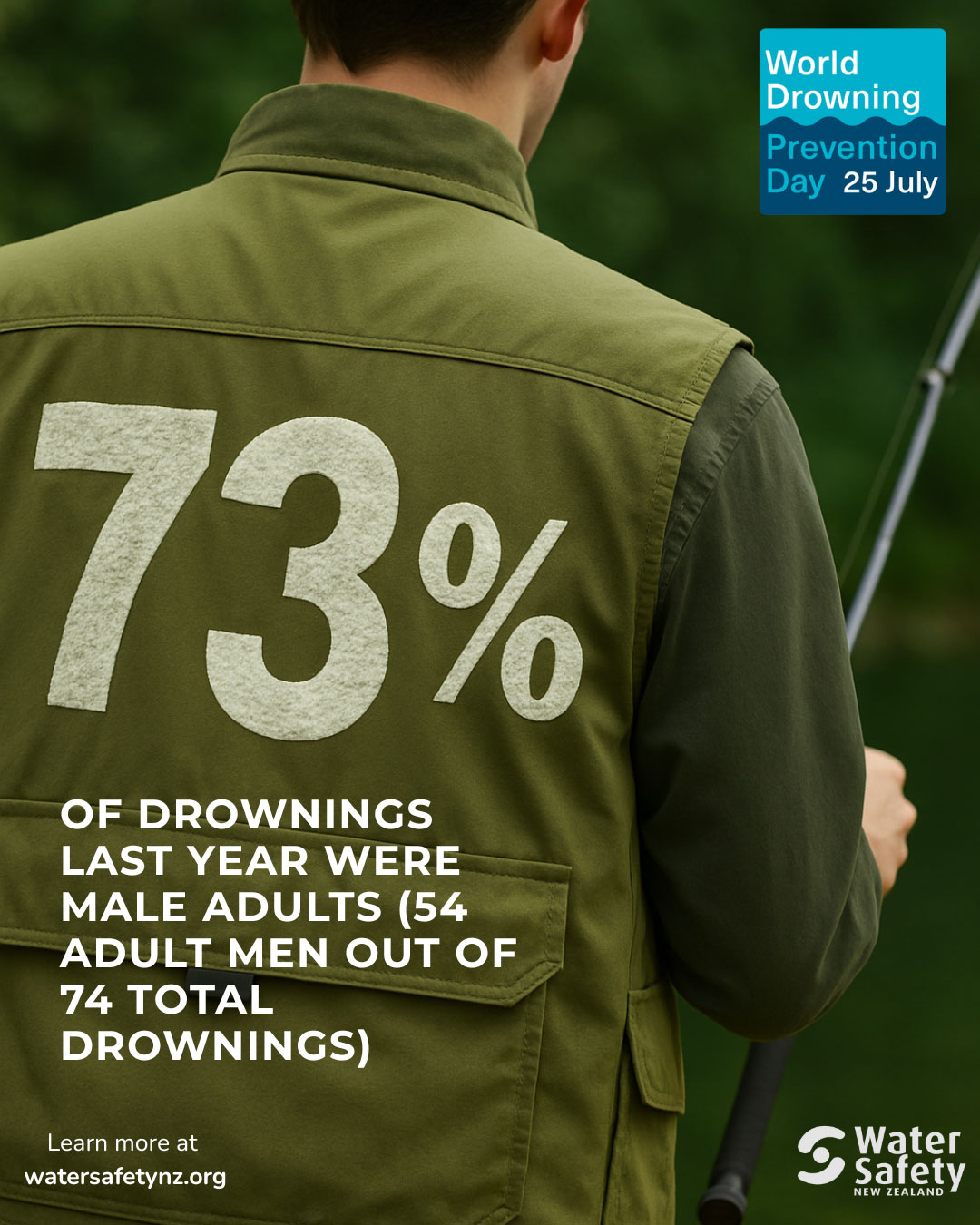

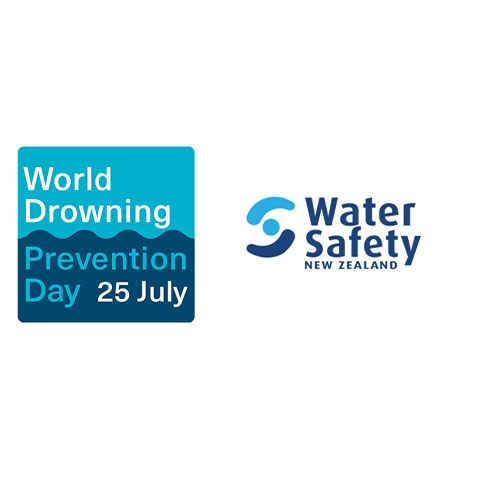
.jpg)
